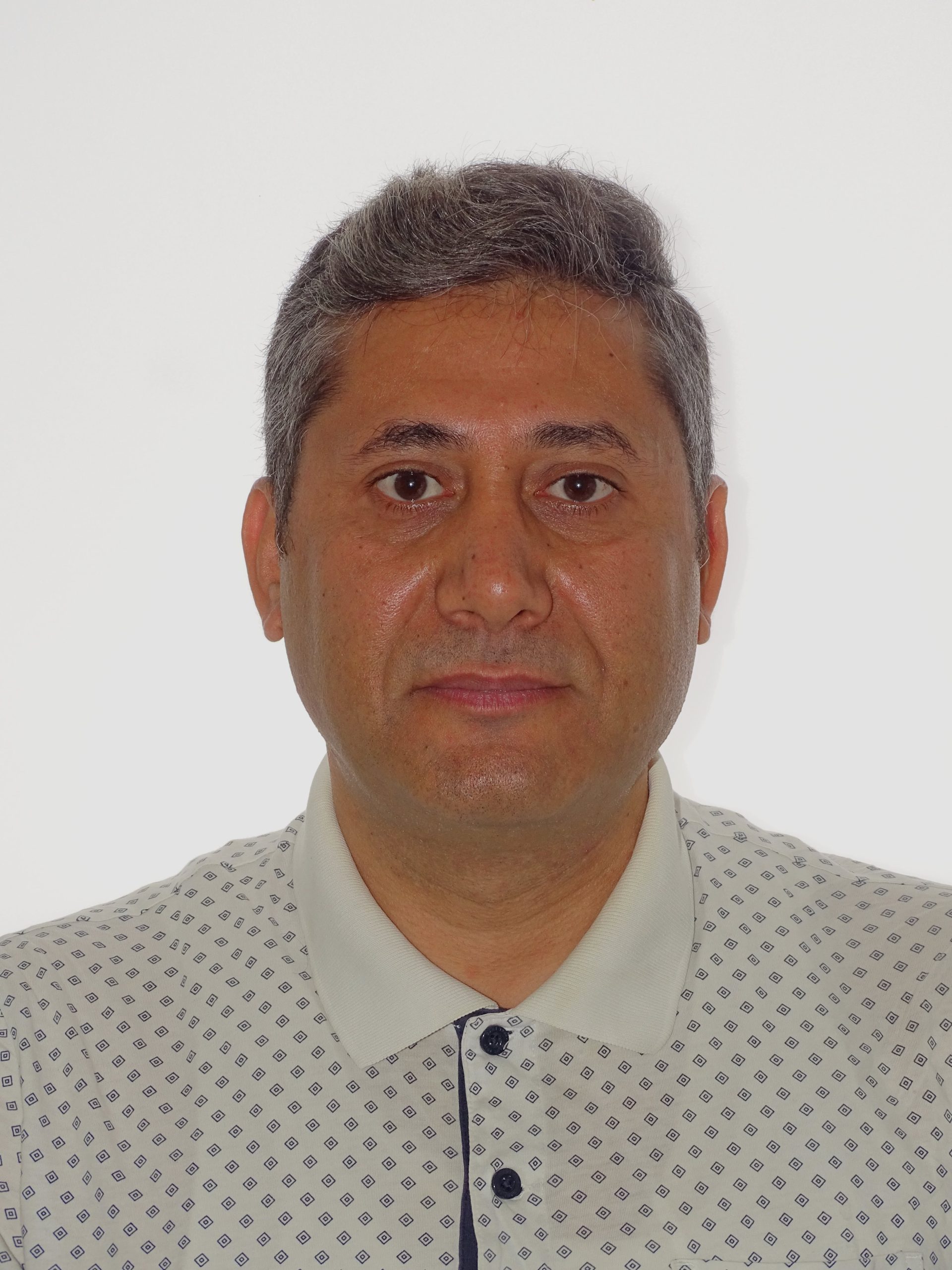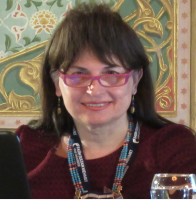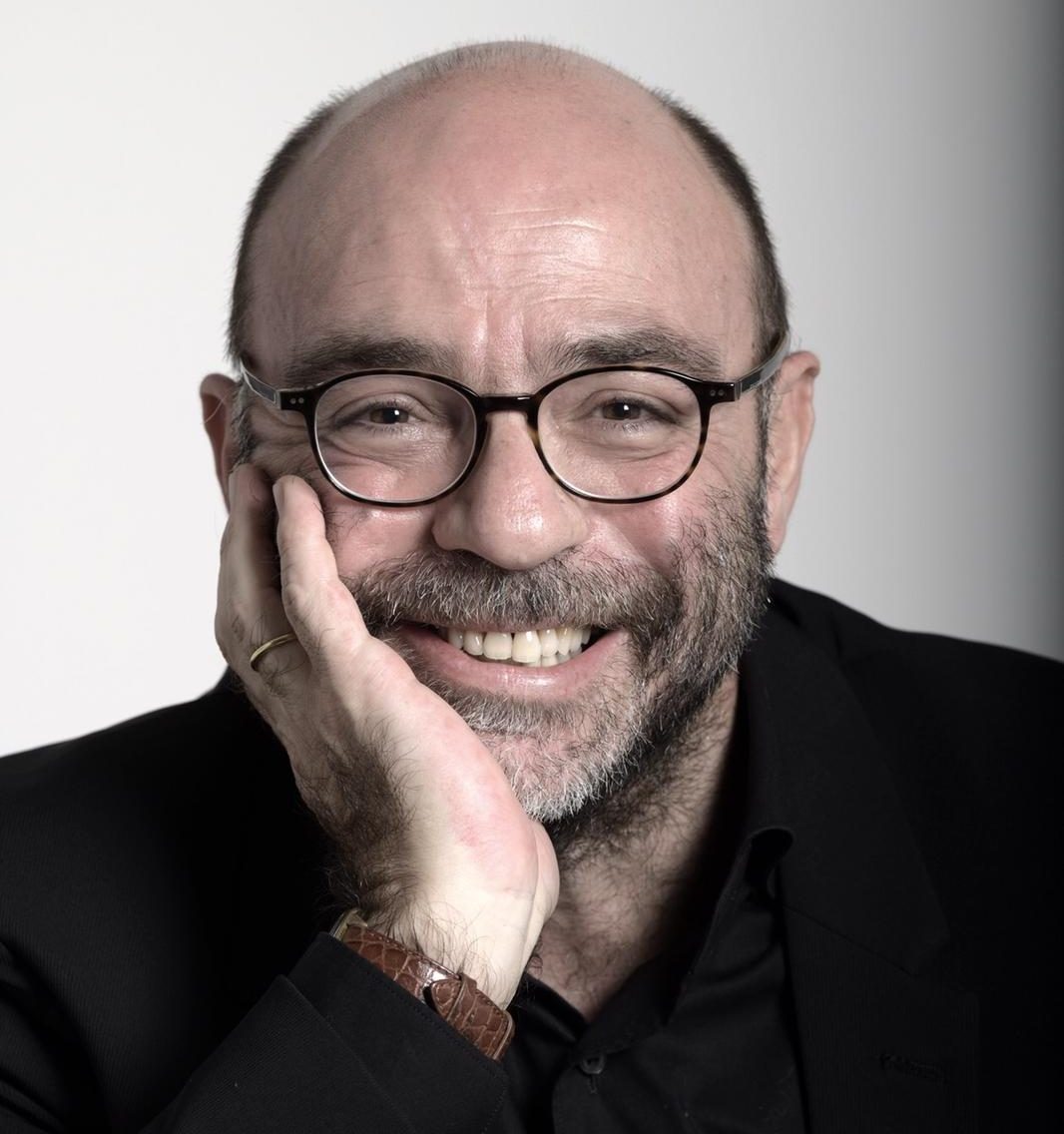Event schedule
Check the program for this year's conference and learn about the speakers and sessions in store for tech enthusiasts.
3rd ISIPAE 1st day Zoom Link
https://us06web.zoom.us/j/86870568153?pwd=L1lYa1RnWDg5ZjJFb05Yc3g3bjUxUT09
3rd ISIPAE 2nd day Zoom Link
https://us06web.zoom.us/j/85213426455?pwd=SThYY3owbEJIMm9Db01ZdG94WDZUQT09
Attention
Late participants must register until the first hour of the symposium opening. After this time, no new participants will be included in the symposium. Late participants should contact Officer Onur Ağaoğlu on +90 541 140 01 21. Participation to the symposium can only take place when the necessary permissions are given by the problematic member of the organizing board.

All of board members of ISIPAE
Opening General Session : About ISIPAE and Interdisciplinary and Progressive Arts & Education

All of board members of ISIPAE
Opening General Session : About ISIPAE and Interdisciplinary and Progressive Arts & Education (JIAE)

All of board members of ISIPAE
Coffee Break

11:20-11:45
``Transhumanism, renewed awareness, and new compositional approaches in multimedia music (on the example of Georgian music)``
Gvantsa Ghvinjilia
Youtube Link: https://youtu.be/NcGcupL1z7g
11:45-12:10
``When Orpheus looks back from the opera stage``
Evrim Şahinkaya Kaplancık
12:10-12:35
``METU (Middle East Technical University) Contemporary Dance Workshop (Ensemble)– 1986-89 and the concept of “Contemporary Dance``
Handan Ergiydiren Doğan
12:35-13:05
``Discovering Francisco Pulgar-Vidal and his piano works``
Po Sim Head
Youtube Link: https://www.youtube.com/watch?v=-AByjWmlPZw&t=87s
13:05-13:35
``The embodied actor in contemporary theatre; psychophysical acting practices``
Güneş Kozal
Youtube Link: https://www.youtube.com/watch?v=zZoT-TrFoFs
Coffee Break + Lunch

A brief overiew will be given of the history, use and importance of Music in ancient pharaonic and later Coptic Egypt. Music was an important part of the ancient Egyptian religious and social culture, revealing a highly civilized nation of the Orient, seeking to reach the divine through melodic sounds. Although Music existed in Pre-Historic Egypt, the evidence for it becomes secure only during the Dynastic Period (after 3100 BC). Ancient Egyptians did not notate their Music before the Helleno-Roman Era, thus any attempt to reconstruct pharaonic Music remains speculative (see e.g.: the interesting work by Ali Jihad Racy). We are actually based on representational evidence that provide only a general idea of the sound of Egyptian Music. Egyptian musical modes were based on a scale that is highly reminiscent of the European Music, as it has been proven by the computerized sound-analysis of ancient Egyptian flutes. Ancient Egyptian Music was probably based on a minor pentatonic scale of five full tones without halftones. This fact may be inferred from the positions of the holes on flutes. During the New Kingdom, when foreign conquests brought Egyptians in closer contact with several Asiatic nations and their Music, many new instruments (and with them new sound-qualities) were introduced, and Egyptians also encountered the scales prevailing in the Near East. However, they seem to have preferred keeping their traditional tonality, although some Musicologists think that they begun to use a heptatonic scale. All major categories of musical instruments (Percussion, Wind and Stringed) were used. Music was considered as a means to adore the divinities and help in prayers and in chanting hymns; it was thought of as a proof of the cosmic inherent Harmony. Music was an integral part of religious worship in ancient Egypt. Musicians, singers and dancers occupied a variety of positions in Egyptian society and religion, being praised for their art and skills. The Copts, Christian descendents of the ancient Egyptians, kept one of the oldest musical heritages in the World sung for more than 2000 years in the Coptic Church up to our age. Nowadays only few hundreds of deacons and Egyptian (Coptic) people in the whole globe can sing those beautiful tunes in the Coptic Language (which is the last stage of evolution of the ancient Egyptian language). Kurt Sachs studied the Music and Poetry of ancient Egypt. Hans Hickmann took a deeper focus on Music in ancient Egypt. He studied and analyzed all available engravings, inscriptions and instruments of ancient Egypt. Ernest Newlandsmith had no knowledge of this field, but his fate made him meet with Ragheb Moftah who invited him for 9 consecutive Winters in Egypt, where he transcribed in 16 Volumes all the inherited Coptic musical heritage. Recently, the important studies of Fathi Saleh and Mahmoud Effat, based also on Informatics, have shown the heptatonic texture of the ancient Egyptian musical scale, while Coptic Music, be it secular or religious, continues the rich ancient Egyptian tradition.
Coffee Break

15:30-15:55
``A review on the effect of singing in children's choirs on cognitive, emotional and social development``
Zümra Azizoğlu and İlknur Özel Göncü
Youtube link: https://www.youtube.com/watch?v=qs3VBGNUD80
15:55-16:10
The drama of Muslim countries on the stage of the Irevan Theater during the years of independence
Malahat Aghayeva
Youtube Link: https://www.youtube.com/watch?v=PEp0Se5Mhms
16:10-16:40
Deconstruction of a post-structuralist approach women Dengbejs and their narratives
Songül Çakmak
Closing
Registration Desk
Attention
Late participants must register until the first hour of the symposium opening. After this time, no new participants will be included in the symposium. Late participants should contact Officer Mutlu Yaprak on +90 552 679 37 47. Participation to the symposium can only take place when the necessary permissions are given by the problematic member of the organizing board.

10:00-10:30
``Designing research on the axis of the interdisciplinary art concept: an academic journal review``
Günsu Yılma Şakalar
10:40-11:20
Use of Maxqda as an auxiliary tool in qualitative research analysis in arts research
Alper Şakalar
11:20-12:00
Problems and suggestions in writing an art research article
Hasan Said Tortop
Coffee Break
Coffee Break

He has been vocal coach at the Monte-Carlo Opera House, vocal coach and then head of music staff at the Teatro La Fenice in Venice, head of music staff at Ferrara Musica for the productions directed by Claudio Abbado, responsible for musical studies and coordinator of artistic projects for the ``Rossini in Wildbad``-Belcanto Opera Festival (Germany).
He has collaborated with Bayerische Staatsoper (Germany), Istanbul University (Turkey), Vero Vision (Croatia), Yokohama Arts Foundation (Japan), Ars Vocalis México (Mexico), Teatro Lirico Giuseppe Verdi of Trieste, Teatro Nuovo ``Giovanni da Udine`` (Udine), Cemal Reşit Rey Concert Hall, Istanbul (Turkey).
He has been Music Assistant and Project Coordinator for the first full-length recording of Rossini's ``Guillaume Tell``, A. Fogliani conductor, for Naxos (2015), Music Assistant and Maestro at the Fortepiano for Rossini's ``Bianca e Falliero``, A. Fogliani conductor, for Naxos (2017) and Music Assistant for the world premiere recording of ``Il Vespro Siciliano`` by Lindpaintner, F. Longo conductor, for Naxos (2018).
He held concerts and masterclasses in Piano Accompaniment and Prassi Esecutiva of the Italian Operatic Repertoire at North Texas University (USA), Oulu University of Applied Sciences (Finland), Musik Hochschule in Stuttgart (Germany), Zagreb Academy of Music (Croatia), Instanbul University (Turkey), Toho Gakuen School of Music of Tokyo (Japan), Mersin University (Turkey), Shanghai Opera International Masterclass (China), Novi Sad Academy of Arts (Serbia), Musik Hochschule of Hannover (Germany), Ovidio University of Constanta (Romania), Mimar Sinan Fine Arts University of Istanbul (Turkey) and University of Sarajevo-Academy of Music (Bosnia-Herzegovina).
He is Professor of Piano Accompaniment at the Conservatory of Trieste.

14:00-14:30
``Attitudes of fine arts students towards immigrants at university: The role of arts education``
Ünal Bastaban-Hüseyin Yılmaz
14:30-14:50
Systematic analysis of theses about art education in preschool period in Turkey
Sedef Göltaş - Hasan Said Tortop
14:50-15:20
``Digital art applications in basic art education: touchdesigner example``
Mehmet Arif Karamanoğulları and Önder Yağmur
Coffee Break
Coffee Break
Closing Ceremony

Closing Speech:
Assoc. Prof. Günsu Yılma Şakalar, ISIPAE Vice Chair